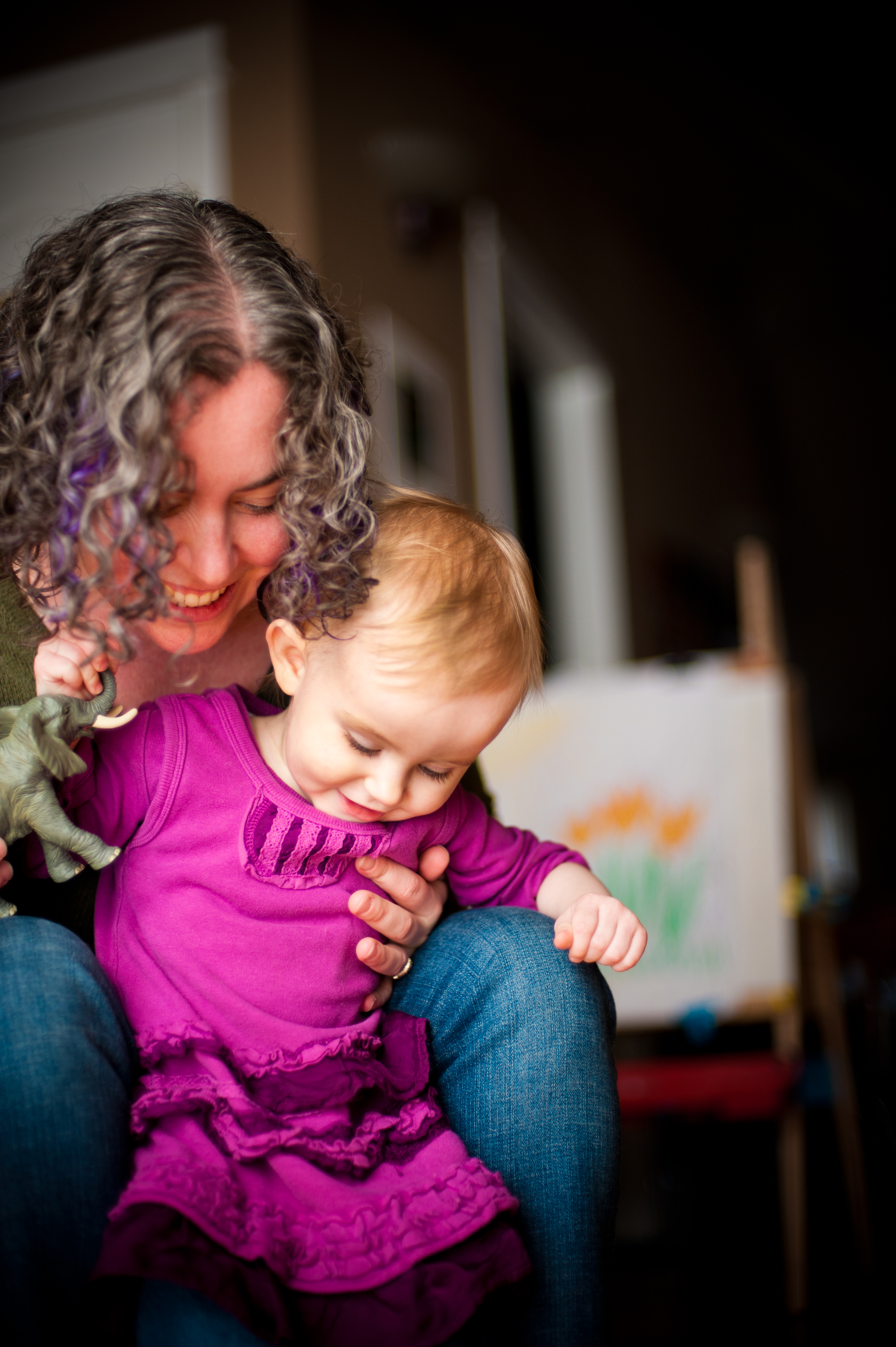Remember what it was like when you got into a squabble with your siblings or friends and at the end there was the inevitable, “Say you’re sorry” and you half-heartedly responded, “I’m sorry” and then the two of you were supposed to “make up” and play together again as if nothing had happened?
I don’t know about you, but I felt angry and frustrated when this happened to me as a child. And I never really meant it, even when I said it. And the other kid knew that I didn’t mean it. They didn’t mean it either. And it took a while before we were able to actually let it go and be true friends again.
Now as an adult I see that forcing children to apologize when they’re not really sorry actually undermines their internal drive for social cohesion and conflict resolution. I want children to actually empathize with one another, understanding the impact that their words or actions might have had upon another. And then I’d like them to genuinely apologize because they want to. If they’re not ready to apologize, that doesn’t mean they need to be isolated and “think about what they’ve done.”
On a deep level I trust that all children have positive intentions behind their actions. Even when I don’t understand the intentions, they might. I also trust that children want to live in peace and harmony as much as possible. So, while siblings might fight, they also rely on one another for companionship and nobody enjoys the uncomfortable silences and hurtful words that accompany holding a grudge for a long period of time.
Ultimately, apologies are a tool for reconnection when we’ve done or said things that have created a rift in our relationships with others. So why not teach children to use this tool when and where they see fit?
Just the other day my daughter was sitting on my lap. She got excited and head butted me in the face. “Ouch!” I cried out, “You just head butted me. Ow, that really hurts.” Although I’ve never taught her to or asked her to say she’s sorry, she immediately apologized for inadvertently hurting me. And then she offered to kiss the spot that hurt. I was so touched by her genuine apology! And I knew for sure that she wasn’t giving me some canned or memorized speech. Even at two years old, she knows how to repair any damage caused by her actions.
On the other hand, when we ask children to apologize prematurely we are actually devaluing the process of working through conflict. We’re sending the message that we ought to just quickly apologize, even if we don’t feel sorry as a way to smooth over the incident. We’re also inadvertently teaching kids that conflicts should be avoided, rather than used as an opportunity to connect further and get to know each other better.
So this week, rather than asking children to say they’re sorry, let’s try trusting that they already know what to do. Let’s talk with them about how they feel, how they think they’ve been hurt or wronged, validate their feelings, and share new and different perspectives with them.
“Huh, I wonder why he said that to you. Do you think he might have been having a bad day?” or “Well, I guess you could retaliate by not inviting her to your birthday party, but what about talking with her about how you feel about what happened?”
I’ve consistently seen four year olds effectively work through conflicts by talking with each other. It often sounded like this,
“I didn’t like it when you pushed me, that hurt my body.”
“Oh, I didn’t mean to, I wanted you to move because you were blocking the road.”
“Next time, please tell me to move instead of pushing me”
“OK, I’m sorry I hurt your body, does it still hurt?”
“Yes”
“I will go and get an icepack for you.”
“OK, thanks!”
Sure, we had been working with these children for months on how to communicate their needs and desires clearly and how to listen to another person who is upset. And we modeled nonviolent communication and repair strategies often. But with some modeling and guidance, I think all children can learn to resolve their conflicts peacefully.
How are your kids doing with the important task of conflict resolution? Do they need you to intervene whenever they have a disagreement? Or are they able to share their feelings with one another and empathize with others? And how much do they tell you about the social dynamics at school and in other social groups?
I hope you’re having a great week and I can’t wait to hear from you!
Warmly, Shelly



You are amazing….
love,
Kate
You are amazing….
love,
Kate